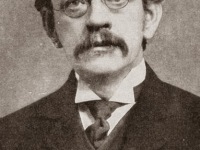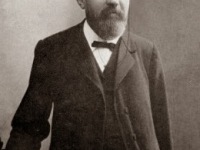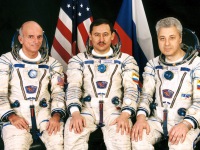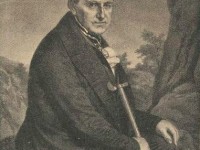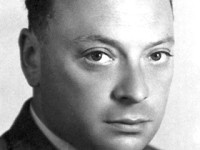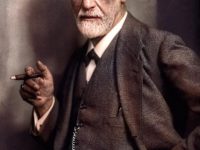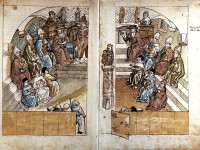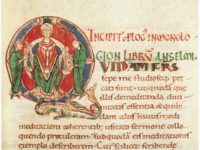J. J. Thomson and the Existence of the Electron
On April 30, 1897, English physicist Joseph John Thomson gave the first experimental proof of the electron, which had been already theoretically predicted by Johnstone Stoney. Thomson was awarded the 1906 Nobel Prize in Physics for the discovery of the electron and for his work on the conduction of electricity in gases. “As the cathode rays carry a charge of negative electricity, are deflected by an electrostatic force as if they were negatively electrified,…
Read more

